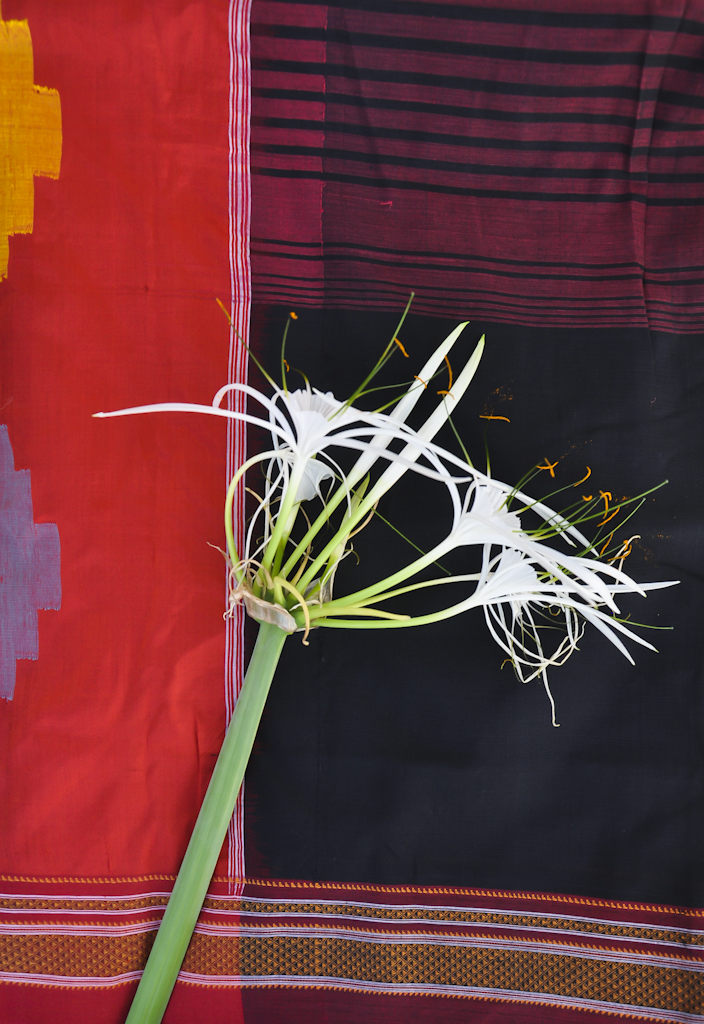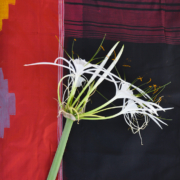Lessons of the Lilies– Or, How Common is Sense?
 Gratitude is the key to happiness. I heard that on a TED talk by Brother David Steindl-Rast, a monk and interfaith scholar. I was on a long flight and had exhausted all of the movies I thought worth seeing. So I listened to the TED talk. At first I thought it was hokey. But when I listened, I realized he had an important point. Simple, but true. Gratitude makes you happy. In addition, a friend of mine was doing gratitudes every day, so I started to think about things for which I am grateful.
Gratitude is the key to happiness. I heard that on a TED talk by Brother David Steindl-Rast, a monk and interfaith scholar. I was on a long flight and had exhausted all of the movies I thought worth seeing. So I listened to the TED talk. At first I thought it was hokey. But when I listened, I realized he had an important point. Simple, but true. Gratitude makes you happy. In addition, a friend of mine was doing gratitudes every day, so I started to think about things for which I am grateful.
One is the lilies in the courtyard of our office. They are sort of shaggy, not the most beautiful flower. But their fragrance is intoxicating. Every evening when I leave, I make sure to stop and inhale that heavenly fragrance.
It occurred to me that there is even more that these lilies offer, a secret. When I inhale their scent, it does not diminish it. I could inhale all day, and they would still offer that delicious fragrance. The whole neighborhood could line up and inhale. That would not make their offering less. This is a lesson on giving. Many times what we fear is finite is not. If I give credit to someone, for example, it does not diminish me. Counter intuitive, maybe, but in fact it can increase value. The return factor, win-win.
Today, the gardener came, and he chopped down all of the lilies. Robust stems with fully opened flowers and bunches of buds about to open lay on the cement courtyard. I shouted at him, but he was on a task. Have shears, will cut.
What was he thinking? How can a person whose job is to care for plants chop off the flowers for which we grow the plants?
So here was one more lesson these poor lilies, cut down in their prime, could offer: don’t lose sight (or scent) of what your work really is.
This is the folly of getting handloom weavers to crank out yards of white cotton-polyester for school uniforms or bed sheets for the Indian Railways.
What are they thinking?
Be grateful for whatever beauty you can find in life, and eternally grateful if you have sense. It is not as common as we wish.


